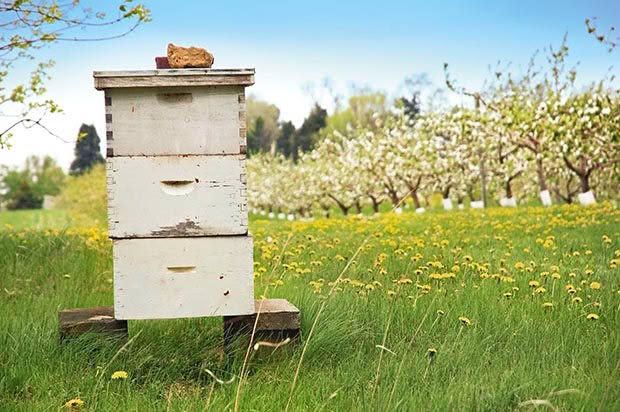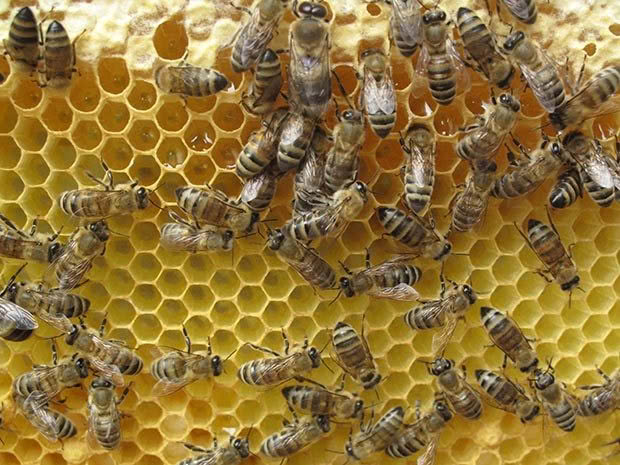Bee expert Karen Knight on how to find an ethical beekeeper

Not all beekeepers are created equal, so how do you spot a good one? Here are some questions to ask at the beginning.
Words and Photos: Karen Knight
ASK
• What is the payment method?
• What sort of pest control do they do? Do they also do wasp control? (this is good for your property too).
• Do they use methods that are mindful of the bees’ welfare? Things to look out for are the use of blowers on bees (which kills them), and if they work at maximum speed, which also tends to squash bees unnecessarily.
• What sort of communication can you expect? You want someone who lets you know well in advance of turning up to your place, fills you in on what is going on, and who is friendly and considerate.
• What is their policy on looking after your farm? You would expect them to have this enshrined in their service standards, eg that your gates will be shut, your paddocks looked after, rubbish taken away, that type of thing.
• What is your host farm agreement? You NEED one of these – a hand shake won’t cut it. And it needs to be fair to you, as well as them – read it carefully.
WHAT A BEEKEEPER NEEDS
There are a few variables and you can expect a potential beekeeper to talk these through with you as no site is perfect. David Gray is a commercial beekeeper who has thousands of hives. His basic checklist for a landowner considering a commercial beekeeping arrangement includes:
• A reasonable-sized property, 20ha or so, or work in with your neighbours (see below);
• That an owner doesn’t use insecticides, or not while you have bees on the property;
• Beehives need to be on flat land, which for 50 hives is about 50m²;
• Good vehicle access to the site/s, by gates and tracks as appropriate or access across paddocks – for over-wintering sites, this needs to be all-weather access;
• a nearby water supply;
• Beehives need to be in a sunny but sheltered spot;
• Bees need food: manuka is good but so is clover and gorse. Bees collect nectar and pollen throughout the year, so a plentiful supply of flowers is required;
• If you have a big problem with giant willow aphid or have a lot of the tutu shrub (Coriaria arborea) on or near your block, chances are it’s not a good fit for bees as both make the honey unsaleable.

There is competition for good land now, so how can you make your block as irresistible as possible to a commercial beekeeper? If you don’t have much land, you might consider getting together with your neighbours – pooling your bee resources so to speak – to make all of them a more attractive beekeeping proposition. Other good spots are blocks next to reserves, a scrub or gorse block, or a dairy farm full of clover.
Manuka is a prized crop. Could you plant more? It grows fast and will be flowering in two years. The higher the manuka content of your honey, the higher the revenue you would expect. Hosting hives on your property can be a win-win situation. You can make money from honey without doing the work, if you have the right type of land. Just pick your beekeeper carefully, and you will be totally in the clover.
Love this story? Subscribe now!
 This article first appeared in NZ Lifestyle Block Magazine.
This article first appeared in NZ Lifestyle Block Magazine.
